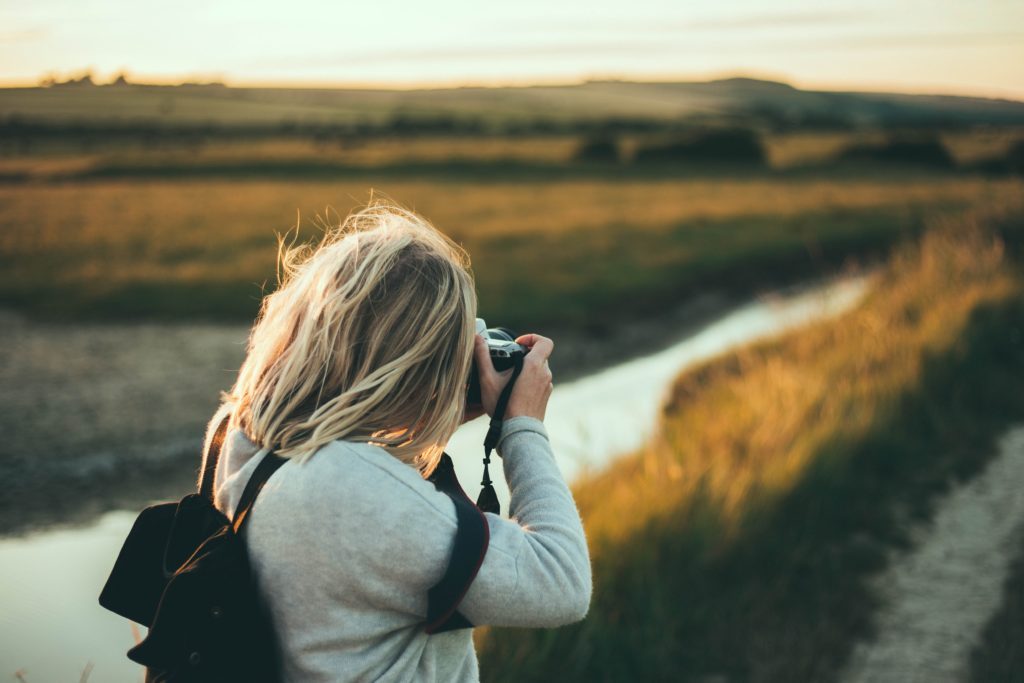What do you do when you are miles away from home and not at work? What will keep you from spending all of your hard-earned money? What will give you fond memories of your current assignment and ones to come? A hobby!
Through the years, I have worked with many travelers and the question always remains the same, “What can I do with my free time so I don’t break the bank, but still enjoy my time traveling?”

Here are some examples of traveler hobbies I have encountered through the years to help fill the time:
Photography
Take pictures of what you experience to share with others, decorate your temporary space, or give away as gifts. Photography can tie into many secondary hobbies. Filling a scrapbook with those photos along with items and stories from your assignment will leave you with something of permanence to look through later. You could also take the pictures you collect and sell them to make extra money along the way. Or, use them as a foundation to start a blog. Travel photography blogs let you share your adventures and connect with other professionals who want to travel.
Postcard Collections
An easy and inexpensive hobby idea is collecting postcards from each new contract location. Save blank cards or send them to your own home so you can compile them later, complete with a written memory and a stamp. Putting them together will show you all the places you have been through postal codes and pictures. Family and friends will also appreciate the occasional postcard delivery to share in your experience on the road.
Reading
Try buying a book, reading it, and then passing it along to friends or other travelers within your facility. Start a reading club at each new assignment, or ask if there is one that is already in place. Reading will pass the time and book clubs will help you meet new friends with similar interests.
Geocaching
This hobby has gained popularity, and there are likely many places where geocaches are hidden around you. Geocaches can be left anywhere, so they can be opportunities to explore your current city or wander further out and get some exercise looking for hard-to-find geocaches left at the end of hiking trails and other challenging places. Geocaching will help you explore areas you may not have thought about.
Journaling
Journal about what you do is a therapeutic way of going through all the thoughts in your mind. It can help you process emotions and deal with feelings of loneliness. And also help you to keep track of your adventures. You can save journals as mementos of your travels, or think of them as just an activity to process your thoughts, and start fresh with a new journal every 13 weeks.
Learn
Get immersed in the culture and learn about the history or a unique trade or skill. I had a traveler who lived in Alaska who learned all about the whale harvest. It became her favorite adventure, learning how to harvest the whale, and she partook in the adventures that went along with the whale hunt.
Exercise
Focusing on your health is never a bad way to spend the time. Getting regular physical activity will release endorphins that lift your mood. So try staying active by working out at least a few times a week. Try a new type of exercise or a class. Go for hikes, run, walk, whatever it takes to get you out and about to see the sights.
If you look at the list above. any and all of them can be done simultaneously for not a lot of money. Make the most of each adventure while you are on the road. Enjoy the ride!